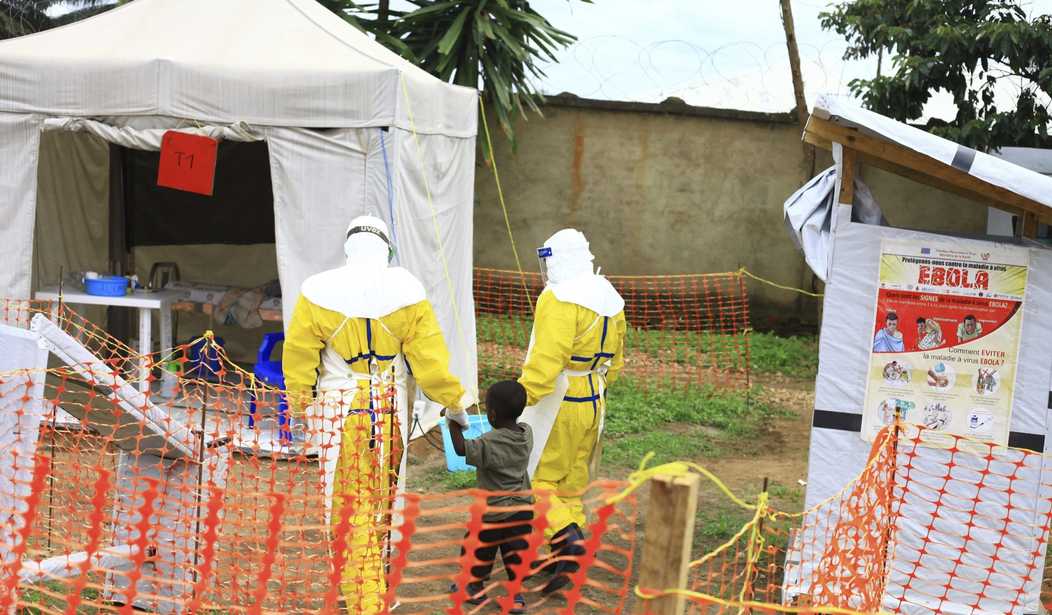The World Health Organization has scheduled an Emergency Committee meeting for Wednesday to decide whether the ebola outbreak in the Democratic Republic of the Congo has devolved into a global public health emergency.
As of Sunday, 135 people have died in the outbreak that began Aug. 1. Thirty-nine of those cases were confirmed between Oct. 1 and Oct. 11.
The current Centers for Disease Control and Prevention travel alert for the DRC is one, the lowest level that advises travel precautions. “Travelers to this area could be infected with Ebola if they come into contact with an infected person’s blood or body fluids,” the CDC cautions. “Travelers should seek medical care immediately if they develop fever, headache, body aches, sore throat, diarrhea, weakness, vomiting, stomach pain, rash, or red eyes during or after travel.”
The CDC explained the alert reflected that affected regions are already no-go travel areas per State Department recommendations due to the risk of violence from armed groups.
But that instability is also hampering efforts to contain the outbreak. CDC staff who were in the DRC to help have been pulled out of affected hot spots. Three Red Cross workers were attacked, with two seriously wounded, earlier this month when trying to safely bury highly infectious bodies.
WHO Director-General Dr. Tedros Adhanom Ghebreyesus told the UN Security Council two weeks ago that the risk of regional spread had been upgraded to “very high,” and he was “very concerned about the potential for the virus to spread into Uganda, but also into Rwanda, South Sudan and Burundi.”
The State Department has the DRC on the next-to-highest travel alert level, saying travel should be reconsidered because of crime and civil unrest.
“The U.S. government has limited ability to provide emergency services to U.S. citizens outside of Kinshasa due to extremely limited infrastructure and poor security conditions, notably in eastern DRC and Kasais,” the department notes.
In late September, the WHO warned that the deteriorating security situation meant that gains against the virus could easily be lost.
“Some families have chosen to care for sick relatives at home, often because they have been misinformed, and because a natural fear of the disease is now being exploited by local politicians,” WHO said. “Others sick with Ebola travel widely to seek alternative care, putting themselves, their families and health workers at risk. This has brought infection to new locations, where teams cannot provide them with access to treatment, or provide protective vaccines to their contacts. These include security red zones which are difficult to access, and to areas bordering Uganda.”









Join the conversation as a VIP Member